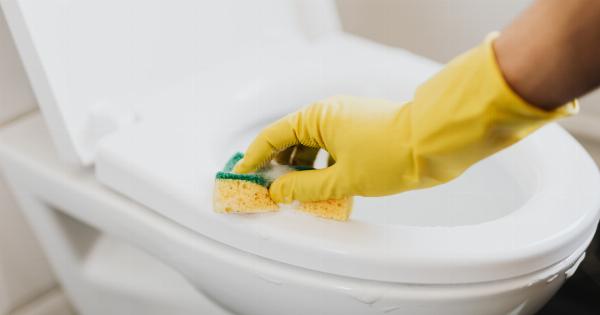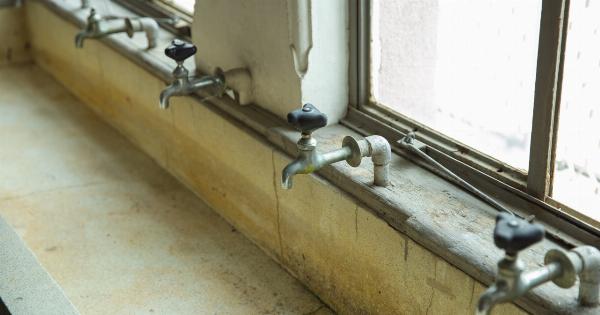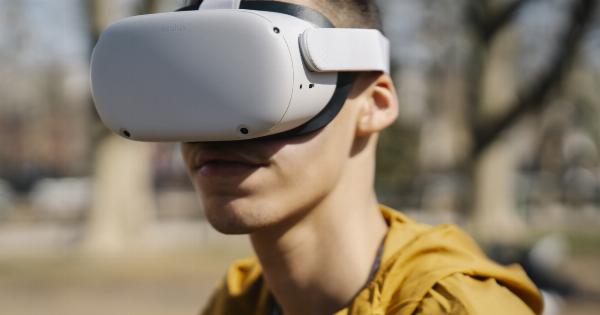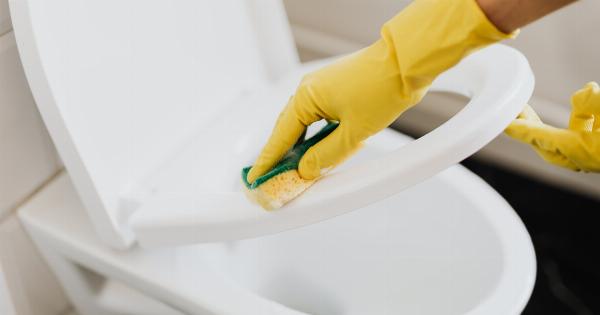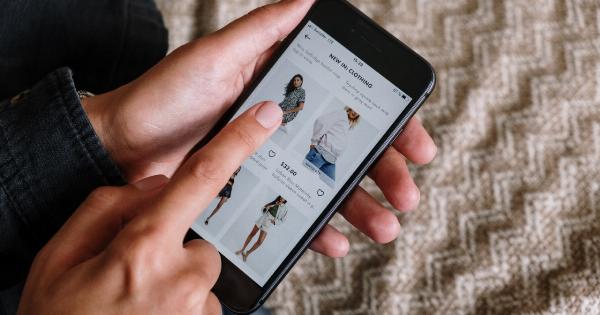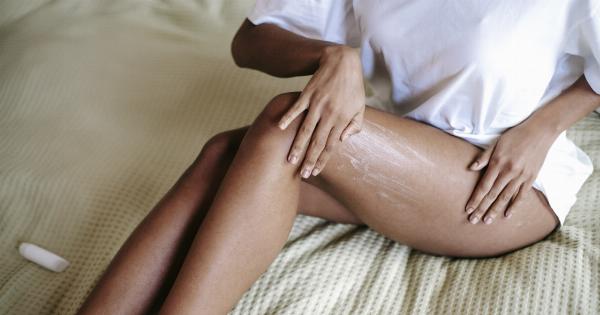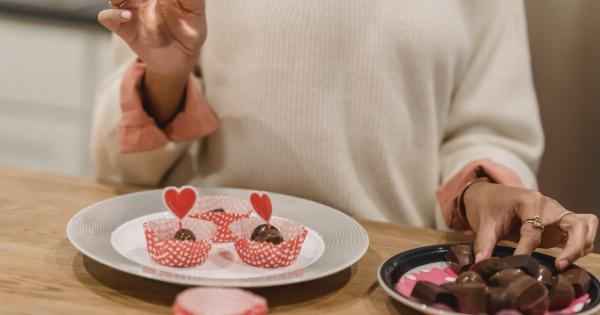Using your phone while in the bathroom is a common practice for many people these days. However, it’s a habit that’s not just gross, but also dangerous to your health. Here are ten reasons why using your phone in the bathroom is disgusting.
1. Bacteria Everywhere
The bathroom is full of bacteria, both good and bad. However, when you use your phone in the restroom, you’re exposing it to more than 10 times the amount of bacteria than you would find on a toilet seat.
So, unless you’re cleaning your phone every time you place it on a surface, you’re exposing yourself and others to these dangerous germs.
2. Touching Door Handles And Then Your Phone
Do you ever touch the door handle going into or out of the bathroom? If so, then you’re transferring all of the bacteria and germs from that handle to your phone.
And, if you’re not wiping down your phone with a disinfectant wipe, then you’re not doing enough to protect yourself from germs. When you touch your phone, you’re putting bacteria right up against your face and mouth – gross!.
3. Moisture Is Everywhere
The bathroom is a humid environment, and this can cause your phone to retain moisture. Because of this, when you use your phone in the bathroom, you’re increasing the risk of water damage or even corrosion.
Water damage can lead to significant problems with your phone, causing it to malfunction or even become unusable.
4. You’re Not Washing Your Hands Enough
If you’re using your phone in the bathroom, then there’s a good chance that you’re not washing your hands enough. Simply rinsing your hands with water isn’t enough to get rid of germs and bacteria.
You should always use soap, lather your hands well, and then rinse thoroughly.
5. Using Your Phone Increases Your Risk Of Illness
The more time you spend using your phone in the bathroom, the greater your risk of getting sick. Germs can be transferred from the bathroom surfaces to your phone, and then from your phone to your hands, face, or mouth.
This can lead to a whole host of illnesses, including the common cold and even the flu.
6. It’s A Disgusting Habit
Let’s face it; using your phone while in the bathroom is a disgusting habit. It’s not something that you would do in public, so why would you do it at home? Not to mention, it’s very unhygienic and potentially dangerous.
So, put the phone down and enjoy a moment of peace and quiet in the bathroom.
7. It’s Rude To Others
If you’re using your phone in the bathroom, then there’s a good chance that you’re not alone. This can be very uncomfortable for others who may be in the stall next to you.
It’s also rude, as it can interfere with their privacy and peace. So, please be mindful of others and put the phone away.
8. It’s Distracting
The bathroom should be a place of peace and relaxation. However, when you’re on your phone, you’re taking away from that experience.
It’s easy to get lost in your phone and forget about time, meaning you could be spending much more time in the bathroom than you need.
9. You’re Not Fully Focused On Your Business
The bathroom is a place for business, and you should be fully focused on that. However, when you’re on your phone, you’re not fully present in the moment.
This can lead to careless mistakes, such as forgetting to wash your hands thoroughly or even dropping your phone in the toilet.
10. Your Phone Isn’t Meant For This
While smartphones are capable of many things, they weren’t meant to be used in the bathroom. They can get wet, dirty, and even damaged.
So, save your phone and your sanity by leaving it outside the bathroom door, and enjoy a little bit of peace and quiet.



